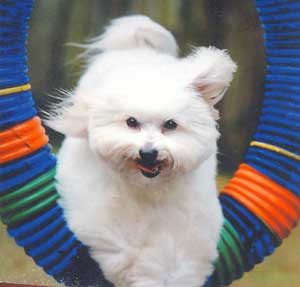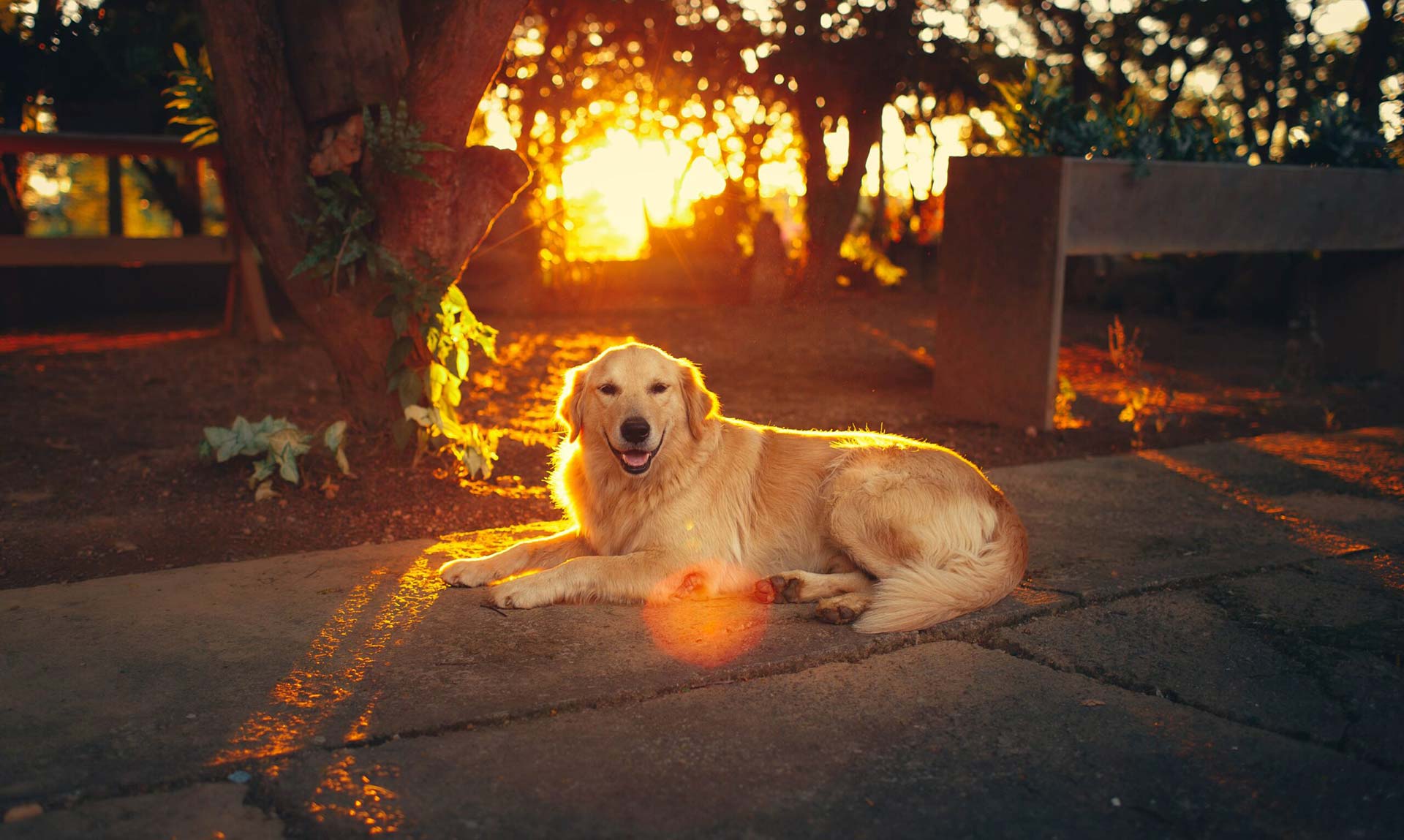Coton de Tulear and Havanese ONLY
Neonatal Cerebellar Ataxia is also known as “Bandera’s Syndrome,” named after the second puppy where this condition was identified. Pups affected with this disorder lack the ability to coordinate movement. All affected pups examined by the neurologists presented with similar clinical signs. They nursed well and grew adequately, but had difficulties from the time they become active enough to be able to clearly identify motor problems. Affected pups are unable to stand and walk, and might be generically referred to as “swimmers.” They move all four limbs, sometimes with good strength, but are unable to coordinate these actions to allow normal movement. The condition does not appear to progress or improve. Click here to learn more about Bandera’s Syndrome.

Is Bandera’s hereditary?
Bandera’s Neonatal Ataxia is inherited as a recessive trait. That means that for a pup to be affected, they must have two copies of the defective gene. For this to happen, both the parents must be carriers. They each have one copy of the defective gene that they passed on to the unlucky pup. They do not show signs of the disease because they also have one copy of the normal gene which is enough for their brains to function normally.
What causes Bandera’s syndrome?
Dr. Gary Johnson at the University of Missouri discovered the mutation responsible for Bandera’s syndrome. It affects a neurotransmitter, the chemical signal that brain cells use to talk with each other. The brain looks normal, but without that proper signal, the brain cannot learn how to coordinate movements. Other learning works fine. The pups know their family and want to play, but they can never learn to walk.
Information supplied by the University of Missouri-Columbia College of Veterinary Medicine, used by permission.
Research Available:
Tests are ordered online through the secure area of the OFA website. Payment is accepted by credit card (MasterCard and VISA). The OFA administers all order handling. Upon receipt of an order, the OFA will send out the test kit which will include a Foam-Tipped Applicator card for DNA sample collection, along with sample collection instructions. Using the FTA card technology, owners can safely collect DNA samples at home. The collection process is non-invasive, and no veterinary appointment is necessary.
Samples are then sent to the University of Missouri College of Veterinary Medicine where the samples will be processed by the Small Animal Molecular Genetics Lab. Results will be forwarded to the OFA, and the OFA will issue the resulting report to the owner.
The fee for each test includes the test kit, laboratory processing, and subsequent registration in the OFA databases.
